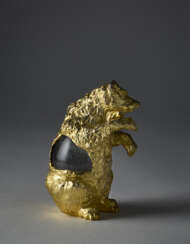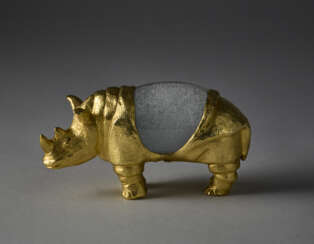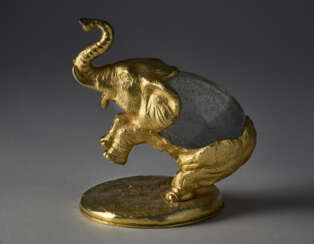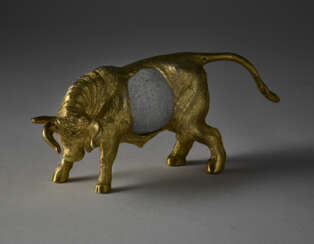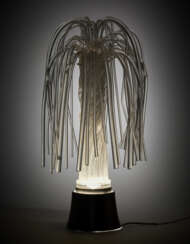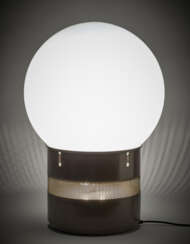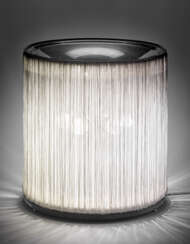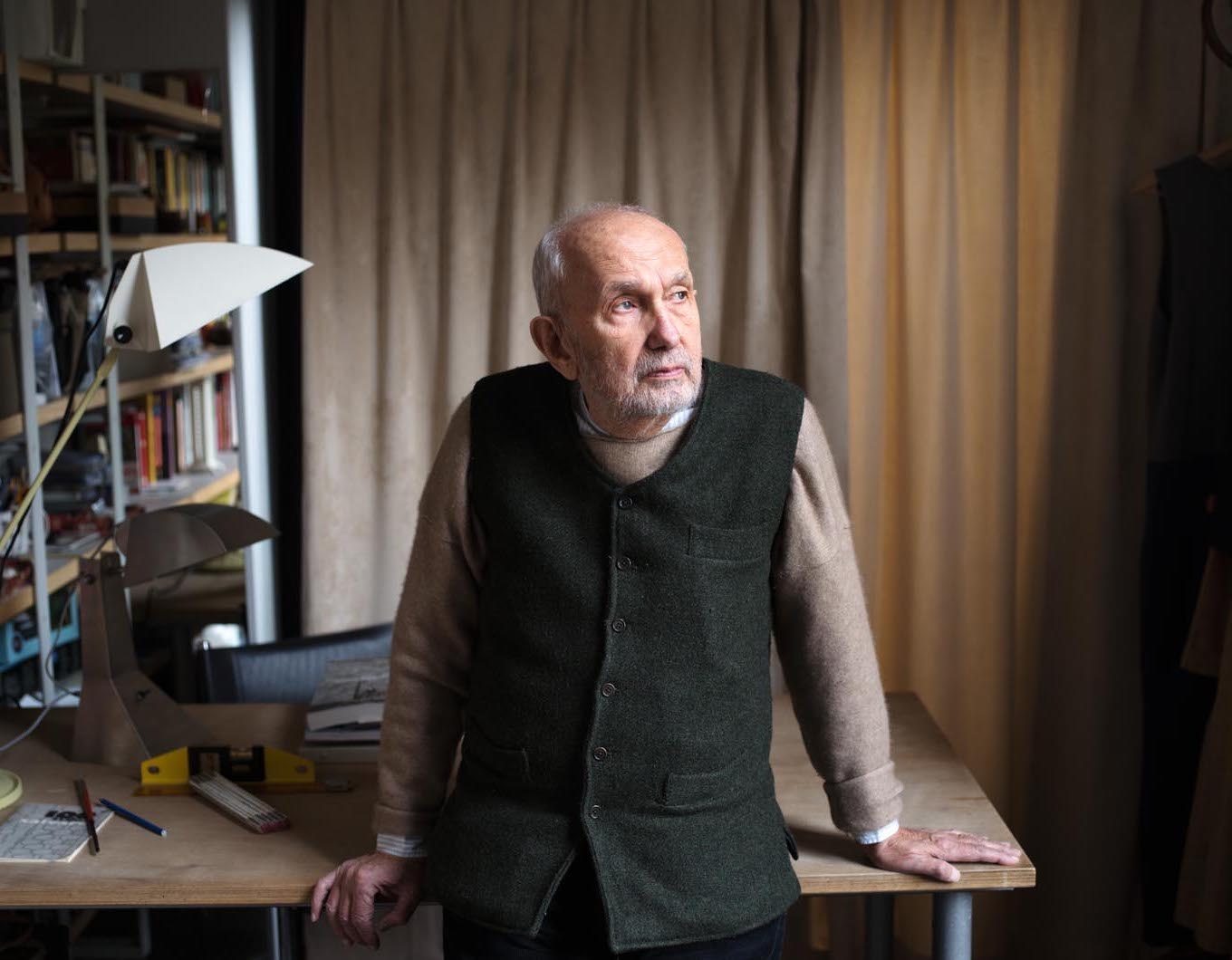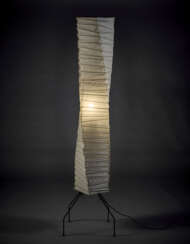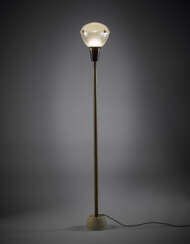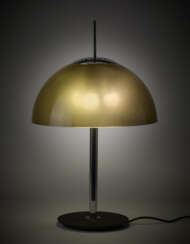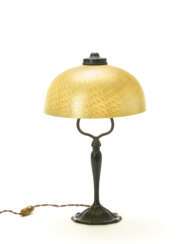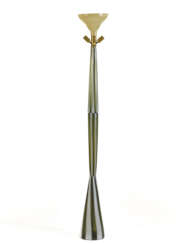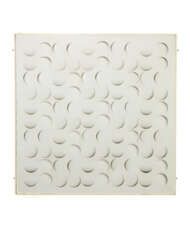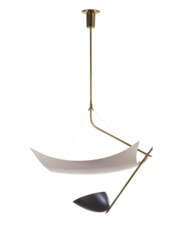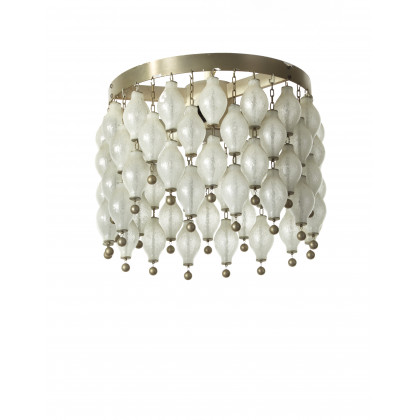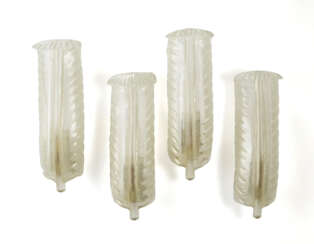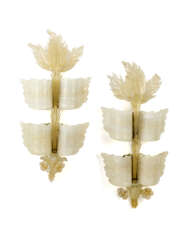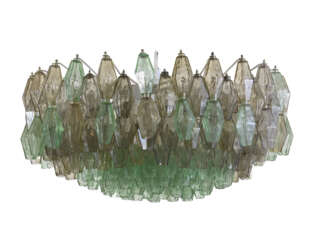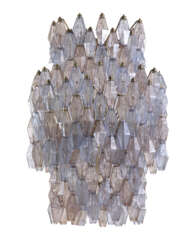
Decor & 20th Century Arts & Design — Decorative Arts of the 20th Century and Design | I Session

Gaetana (Gae) Aulenti was an Italian architect and designer who was active in furniture design, graphic design, stage design, lighting design, exhibition and interior design. She was known for her contributions to the design of important museums such as the Musée d'Orsay in Paris (in collaboration with ACT Architecture), the Contemporary Art Gallery at the Centre Pompidou in Paris, the restoration of Palazzo Grassi in Venice, and the Asian Art Museum of San Francisco (in collaboration with HOK Architects). Aulenti was one of only a few women architects and designers who gained notoriety in their own right during the post-war period in Italy, where Italian designers sought to make meaningful connections to production principles, and influenced culture far beyond Italy. This avant-garde design movement blossomed into an entirely new type of architecture and design, one full of imaginary utopias leaving standardization to the past.
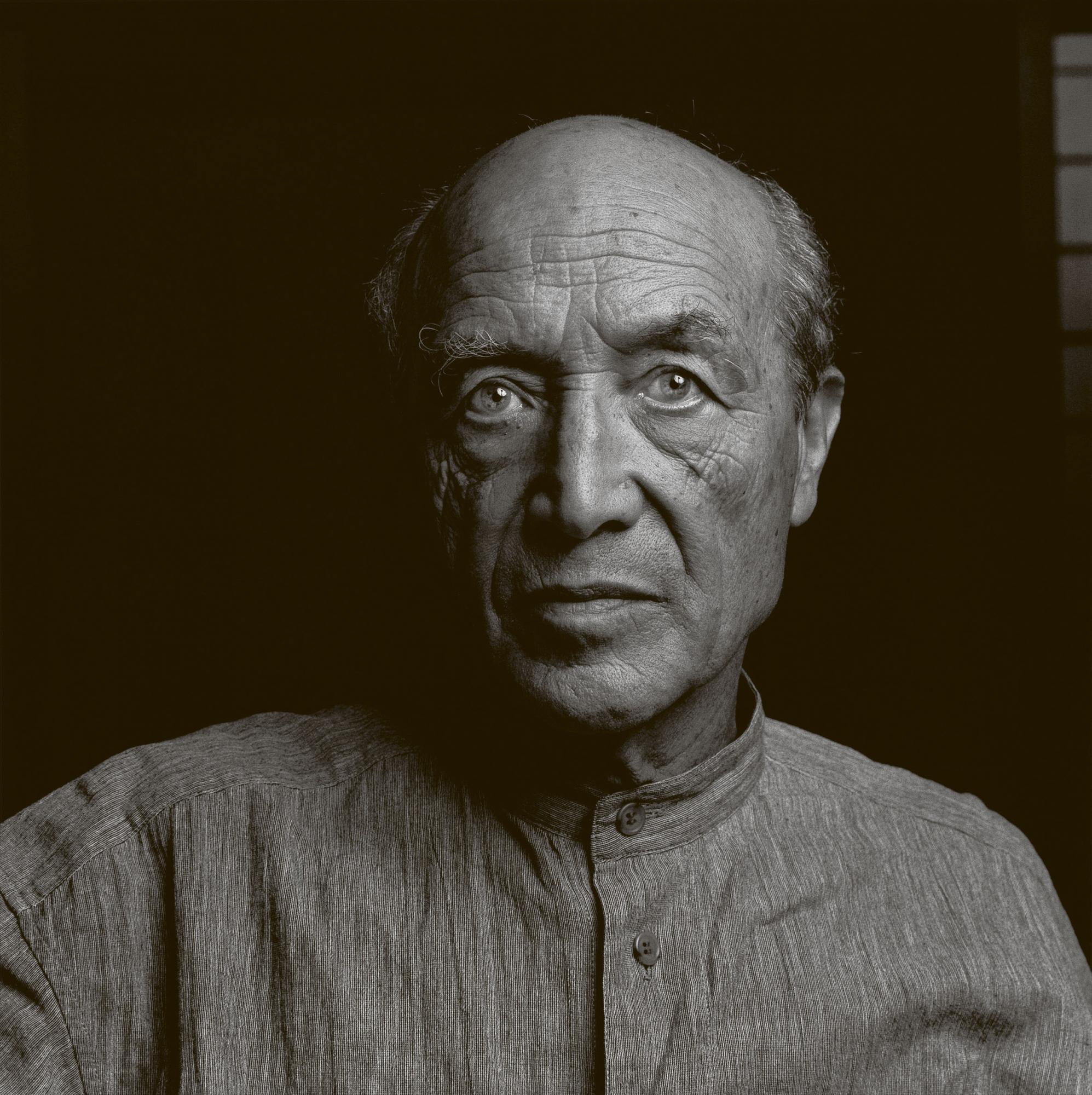
Isamu Noguchi (野口 勇) was an American artist and landscape architect whose artistic career spanned six decades, from the 1920s onward. Known for his sculpture and public artworks, Noguchi also designed stage sets for various Martha Graham productions, and several mass-produced lamps and furniture pieces, some of which are still manufactured and sold.
In 1947, Noguchi began a collaboration with the Herman Miller company, when he joined with George Nelson, Paul László and Charles Eames to produce a catalog containing what is often considered to be the most influential body of modern furniture ever produced, including the iconic Noguchi table which remains in production today. His work lives on around the world and at the Isamu Noguchi Foundation and Garden Museum in New York City.
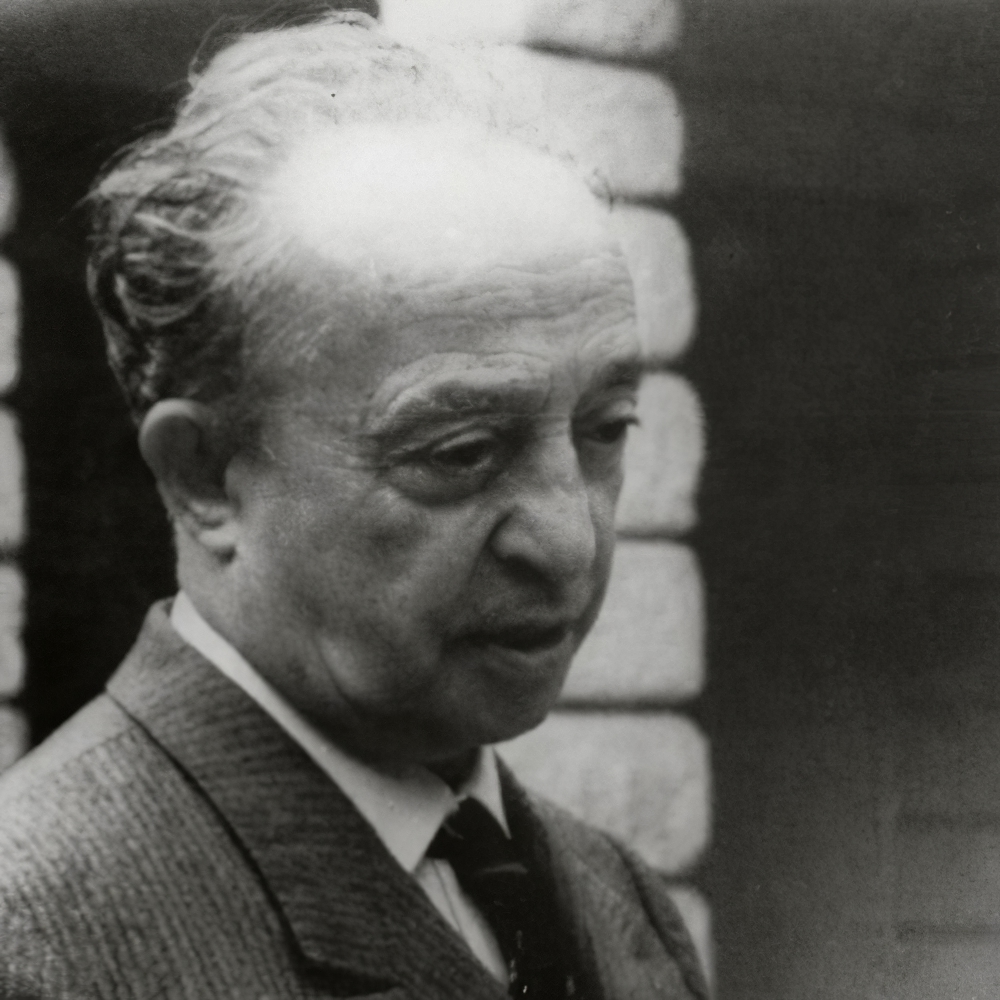
Tomaso Buzzi was an Italian architect and designer.
He also worked as a furniture and glass designer and wrote articles in Domus and Dedalo. Buzzi's slow departure from modernism accentuated after 1945, when he worked mainly as a private architect for the Italian aristocracy and the big bourgeoisie of the Volpi, Agnelli, etc.





